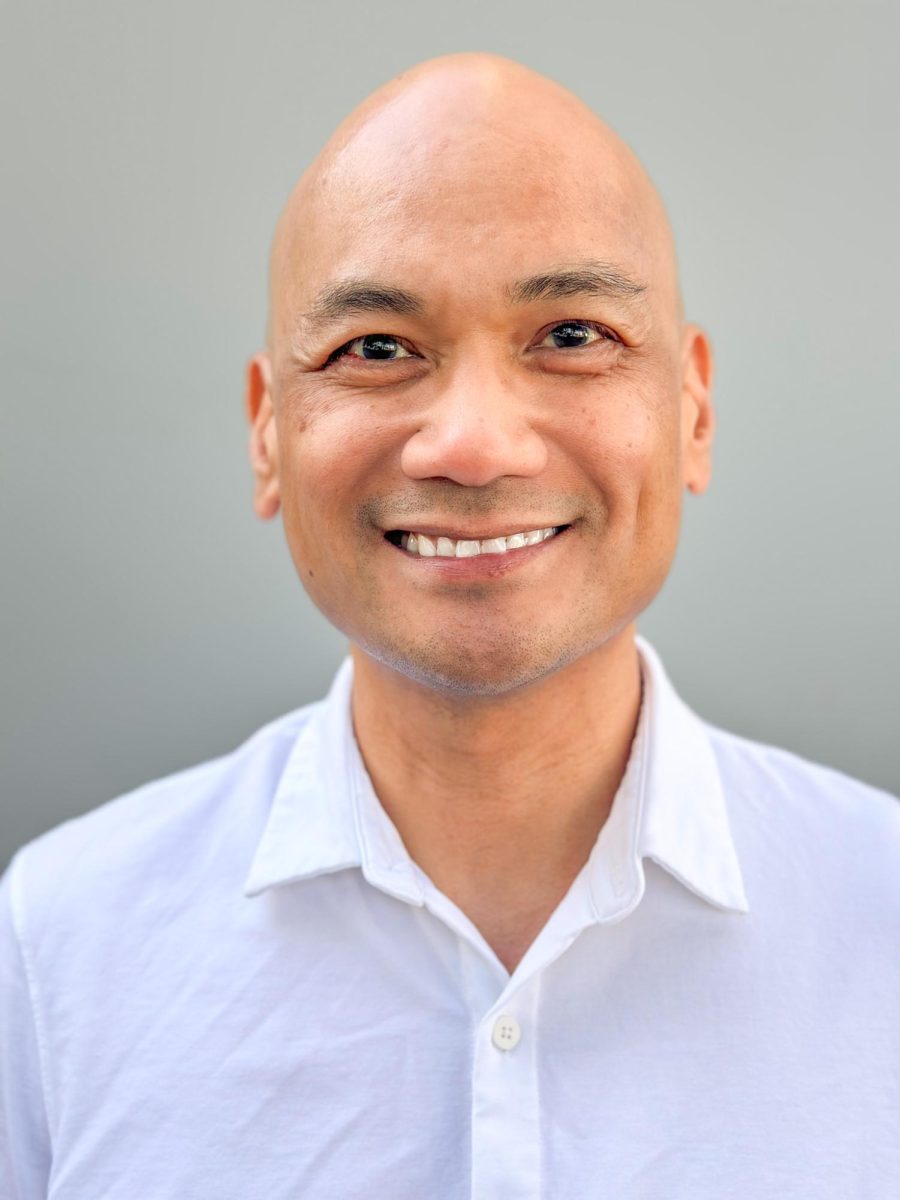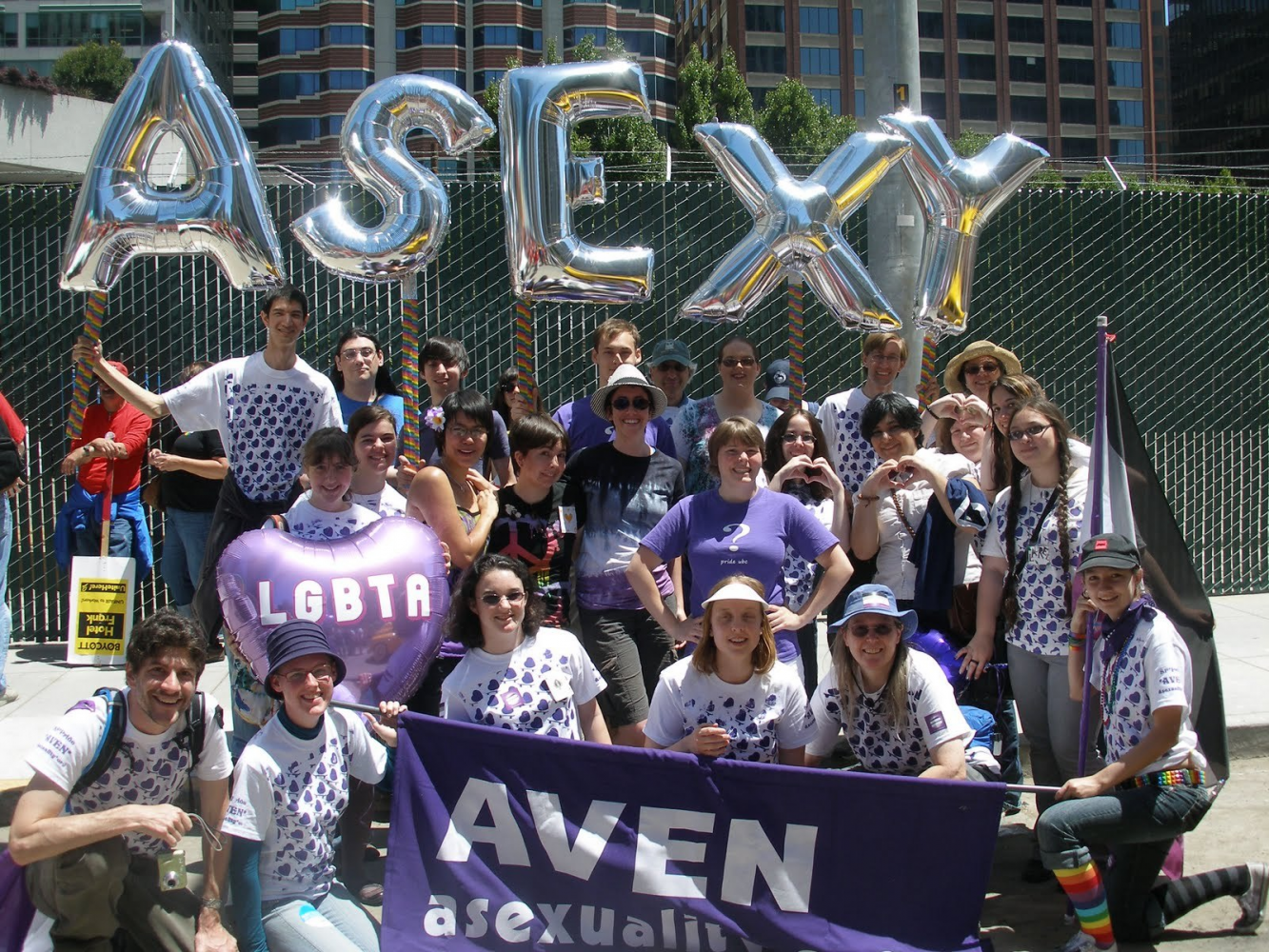Being Asexual
June 21, 2017
In an oversexualized society, being asexual can be difficult to navigate, as asexuals are easily misunderstood and deemed as abnormal. In fact, due to the assumption non-asexual people make that everyone is capable of experiencing sexual attraction, it is often difficult for someone to even realize they’re asexual. Being asexual is like having something that’s invisible to everyone else. You can see it’s there, but no one else can. You either think there’s something wrong with you, or that everyone else is the same way, but never acknowledging it. Some asexuals even begin to think other people are in on some inside joke they’re left out of. It’s hard to believe other people really experience sexual attraction when you don’t yourself and can’t imagine what it’s like, and so, for some asexual people, it doesn’t seem real. Even when an asexual becomes aware of the existence of sexual attraction, it’s easy for many asexuals to forget it exists. And so, every time someone brings up how attracted they are to someone, it’s like a wake up call, and a reminder that you are in the minority.
When asexual people come out, there are certain things many of them are told, and they sometimes receive a very negative reaction. Asexual people are often told they’re confused, that it’s just a phase, or that they’re sick and need to see a doctor to “fix” them. Many people who are not asexual, and are uneducated about asexuality, consider asexuals broken, sick, and in need of fixing. Since the majority of the population experiences sexual attraction, and because experiencing sexual attraction is so common, it is often assumed to be something everyone is capable of, or even something that makes us human. This assumption leaves asexuals feeling abnormal, and paints them as inhuman, heartless, or robotic. It’s difficult for people who are not asexual to understand asexuality – after all, if experiencing sexual attraction is a part of you and most other people, it’s difficult to imagine living without it. Asexual people have always existed, though, and will continue to exist. The only difference is that they are becoming more visible.
When everything is oversexualized, particularly in the media, being asexual can be quite an isolating experience. You are constantly being reminded that you differ from most of the population, and don’t really fit in. Being incapable of experiencing sexual attraction makes you feel as though something’s wrong, or that something is missing, there is something that sets you apart and makes you feel broken. You feel as though you can’t quite connect with others, or fully understand them, and worse, they can’t understand you.
Along with the isolation comes the fear that many romantic asexuals feel (romantic asexuals experience romantic attraction, and desire a romantic relationship, or are in a romantic relationship) – that they may be rejected or may never find someone who could love them when the sexual component is missing. This fear has been proven true – it has been known that asexual people’s partners sometimes leave them when they find out they’re asexual, because they feel unloved or uncared for, or aren’t being given enough in the relationship. For example, in the documentary, “Asexual: A Love Story”, funded by TELUS Optik Local, interviewee Angie Byron talks about her experience being asexual in a romantic relationship that has fallen apart:
“So at about 19 I met my former wife of 17 years. Despite how much we love each other, the disconnect when it comes to intimacy was just too much for us to overcome. She felt lonely and she felt unfulfilled, and so that was brewing as a tension on our marriage towards the later years. We’re now in the process of separating, selling the house, living at different apartments, sharing custody of our daughter, working out all those kinds of details…I feel awful because I’ve legitimately given everything I can to this relationship, and it hurts to sort of be told that everything you can give is just not sufficient, and worse, it’s enough to sort of end something that you felt strongly had so much longevity…I felt like I wasn’t doing anything wrong, I was just being me, and me was not enough.”
Angie is not alone in feeling this way – the fear of not being enough, or being unable to provide everything their partner may want, is unfortunately a large part of being asexual. Regardless, there are many relationships with an asexual person that do work out. In fact, most relationships involving an asexual work out as long as there is communication, and some compromises are made so that both partners are happy. Something that is far too common, however, is pressuring an asexual partner to have sex. This, unfortunately, is a big issue asexuals face, as sex is practically required, or expected, in a relationship. Romantic relationships, however, are most certainly possible without sex. For aromantic asexuals, the issue of isolation is even more pronounced, as the expectation for someone to find romantic love at some point in their life, and to form a romantic relationship, is very widespread. Similarly to asexuality, aromanticism is viewed as abnormal and inhuman by people unfamiliar with the concept of not experiencing sexual or romantic attraction. And so, aromantic people are closely tied to the asexual community, as there is solidarity between the two communities.
Hopefully, as time passes, and asexuals (as well as allies) raise awareness, more people will come to understand and accept asexuality. Asexual people are not invisible, inhuman, or broken. They are people like anyone else, and have always been here.
They are here to stay.





















































































